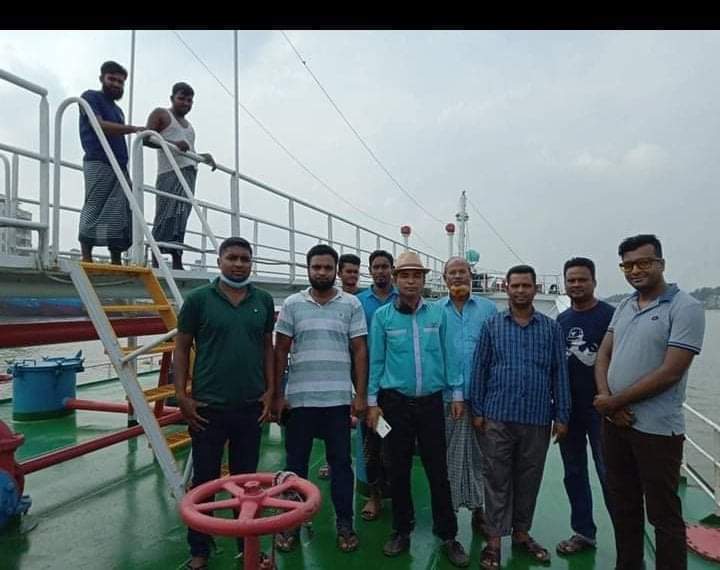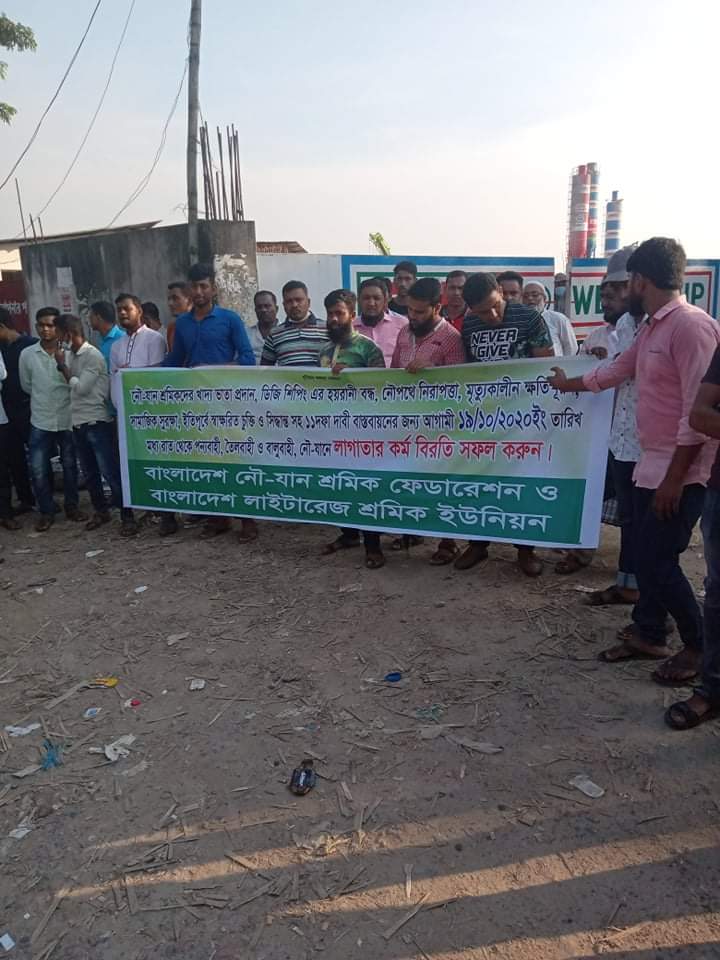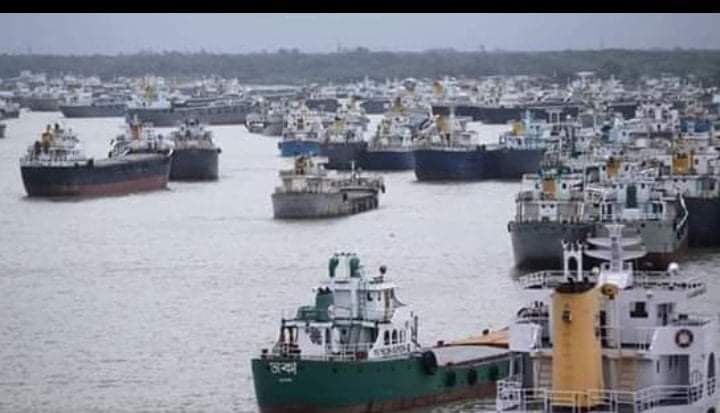Late last month, over 200,000 ‘naujan’, or river navigation workers, under the banner of the ITF-affiliated Bangladesh Noujan Shramik Federation (BNSF) won major improvements to their working lives after a three-day strike against the Bangladesh Cargo Vessel Owners' Association.
Among the gains, employers have accepted the maritime workers’ long-standing argument for the payment of food allowances to crew aboard river navigation vessels.
Ashiqul Alam Chowdhury, General Secretary of BNSF said, “this had become an emotive issue for us, and we were only asking what’s written in the MLC regarding food allowance for crew on board cargo vessels”.

The Maritime Labour Convention requires employers to provide good quality and drinking water food to ship workers. Larger vessels would typically have a qualified cook on board, but an adequate allowance is another way for employers to fulfil their requirements if the vessel is too small to have a cook and galley.
As part of the resolution of the dispute, the vessel owners' association has agreed to progress an 11-point charter developed by the workers. The charter pushes for:
- the provision of appointment letters to workers;
- issuing identity cards and service books;
- ensuring social safety of workers;
- payment of food allowances;
- stopping extortion and robbery on vessels;
- job formalisation for workers;
- implementation of the 2016 pay scale.

Chowdhury said the employers promised action on the charter before, including the allowances. In November last year, industrial action organised by the union was only called off after 'assurances' were given by the owners.
“They reneged on their promise,” said Chowdhury. “But this time things are different.”
He said part of the reason is that the most recent industrial action crippled the owners’ cargo network.
The Bangladesh Cargo Vessel Owners' Association operates 5,000 cargo ships along a river system that takes cargo to and from 50 mother vessels near the sea (at Chattogram and Mongla ports), through inland water routes to river ports and upstream terminals.


“Their system was totally paralysed due to the strike action in late October, and that’s made them take maritime workers seriously”, said Chowdhury.
“We held a meeting between the employers and union officials in the presence of the Labour and Employment Minister on 23rd October. We agreed that from October onwards workers on various-sized vessels would start being paid food allowances,” said Chowdhury.
Photos: Credit Bangladesh Noujan Shramik Federation (BNSF), 2020 Ⓒ
